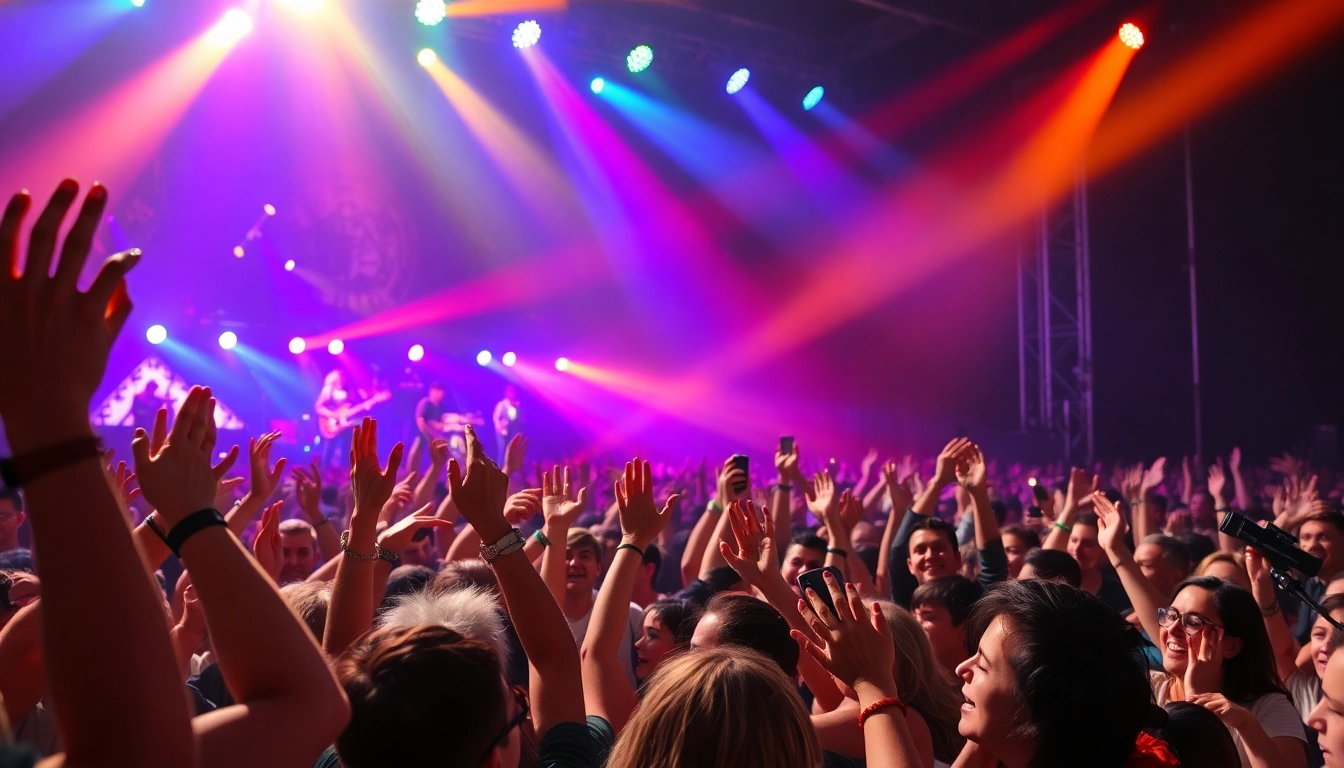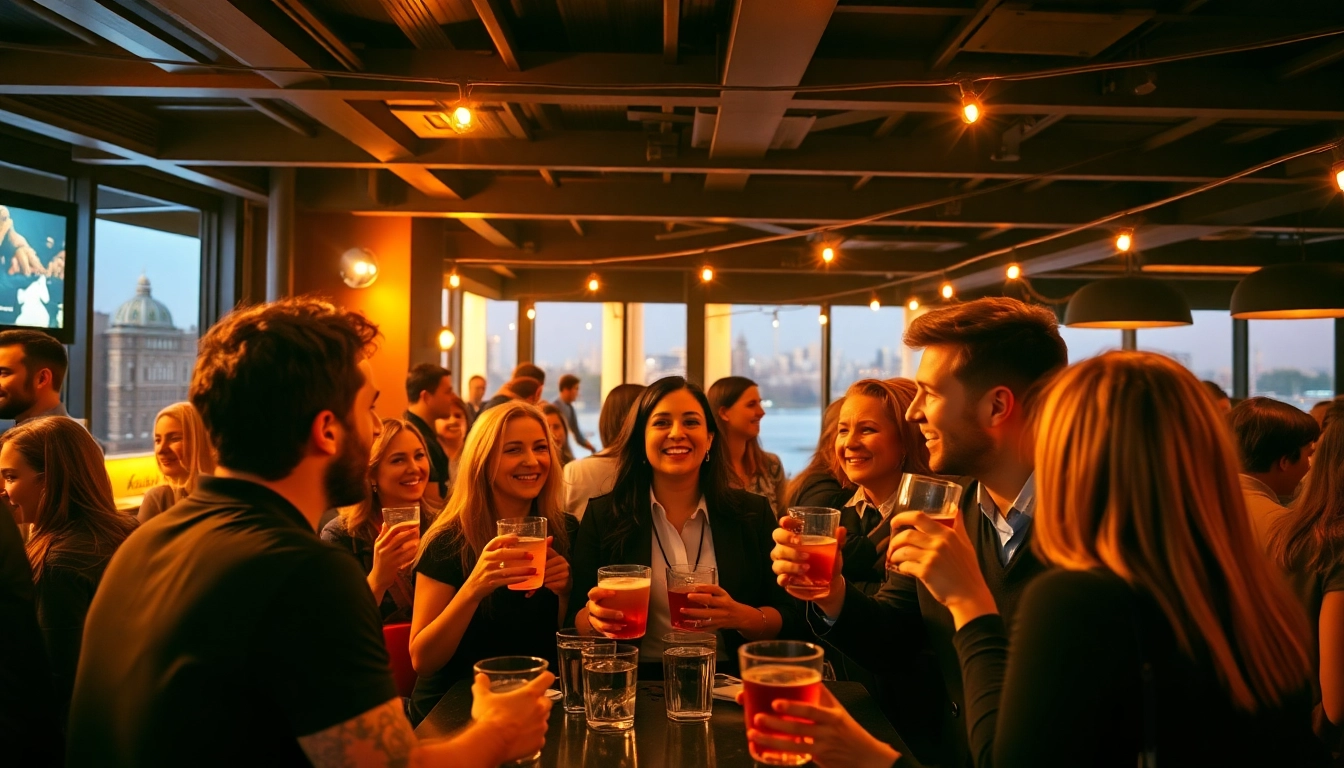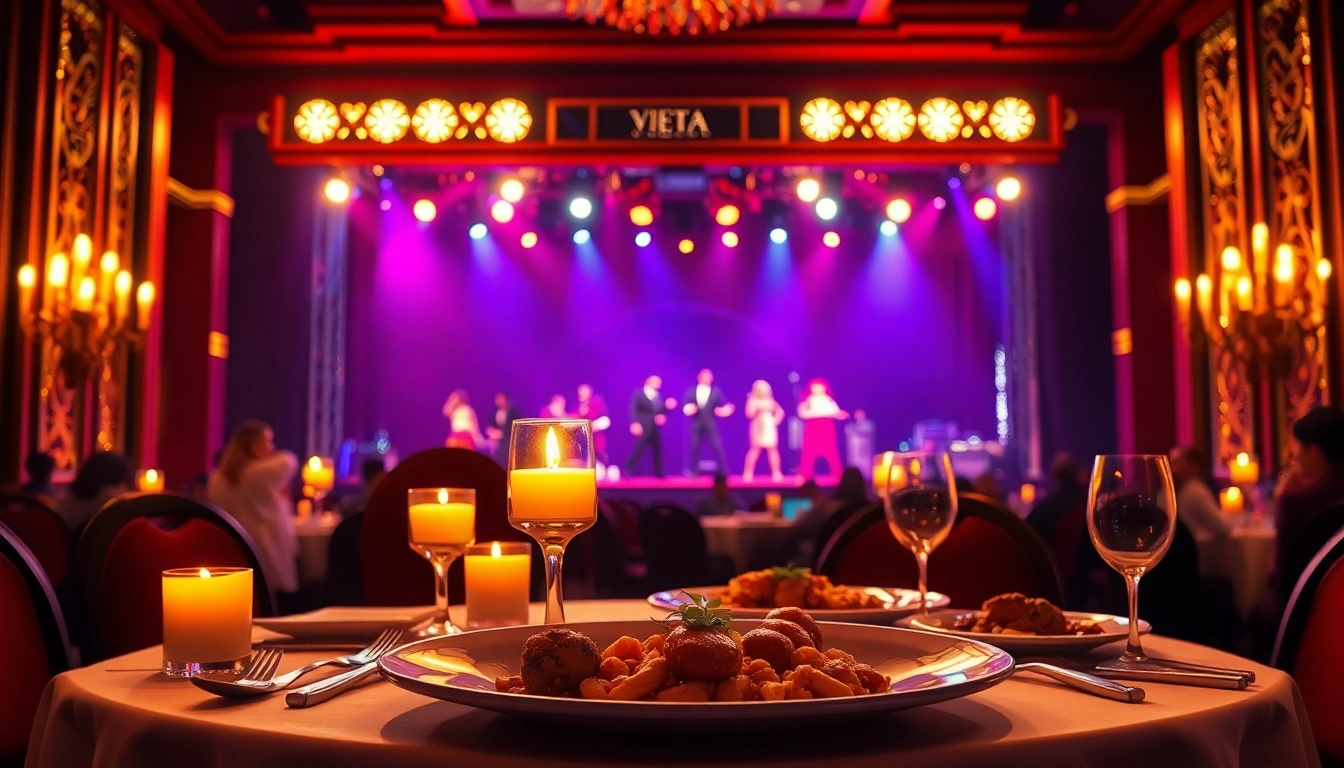Understanding Live Music Fans: What Drives Their Passion?
The world of live music is vibrant, pulsating with energy and enthusiasm. Fans gather in droves to experience the thrill of their favorite artists performing live, creating a unique connection that is hard to replicate through any other medium. This phenomenon raises questions about what drives live music fans to invest their time, emotional energy, and financial resources into concerts and festivals. Understanding these motivations is paramount for artists, event organizers, and marketers who wish to create compelling experiences that resonate with this passionate audience.
Profile of an Avid Live Music Fan
Avid live music fans often possess certain characteristics that define their passion for concerts. Generally, they are younger and more adventurous, often between the ages of 18 and 34, though older demographics also attend live events. These fans prioritize experiences over physical possessions, seeking the thrill of connection, community, and the electrifying atmosphere that live performances provide. They tend to follow their favorite artists on social media, purchase merchandise, and actively participate in fan communities, both online and offline.
Moreover, the socio-economic background of an avid live music fan reveals their willingness to travel for performances, often making them global citizens in their search for musical experiences. They are well-versed in the music scene, staying updated with tours, album releases, and relevant trends, illustrating a profound commitment to their musical interests.
Behavioral Trends Among Live Music Enthusiasts
Understanding the behavioral trends among live music enthusiasts can yield insights into how to better cater to their needs and preferences. These fans are known for their loyalty, often attending multiple concerts within a season. There tends to be a “superfan” culture, where dedicated followers will travel long distances or invest substantial amounts to be part of unique events, such as special editions of music festivals or intimate gigs.
Social media practices also play a huge role in shaping the behavior of these fans. They love to share their concert experiences on platforms like Instagram and Twitter, creating a buzz that can significantly enhance an event’s visibility. Additionally, many fans engage in live-vlogging or streaming, providing real-time insights that affect other fans’ perceptions and interest in attending subsequent events.
Factors Influencing Fan Loyalty in Live Events
Fan loyalty in the realm of live music is multifaceted. One critical factor is the overall experience, which encompasses everything from the accessibility of the venue to the quality of merchandise and artist interaction. When fans feel valued, they are more likely to return to future shows. Moreover, emotional connections formed during live performances can foster long-lasting loyalty, particularly when fans feel a sense of community or personal connection to the artist’s journey.
Marketing strategies have also evolved to influence fan loyalty. Personalized communication, such as tailored newsletters and exclusive VIP experiences, can enhance loyalty. Moreover, loyalty programs that reward fans with discounts, presale tickets, and exclusive content can further solidify their commitment to attending live events.
Creating Memorable Experiences for Live Music Fans
Creating a memorable experience for live music fans transcends the performance itself. It involves a multitude of factors that can heighten the feelings of excitement and connection that attendees seek when they enter a concert space.
Designing Engaging Concert Environments
The environment in which a concert takes place plays a pivotal role in shaping the audience’s experience. Venues that incorporate unique designs, accessible facilities, and visually engaging elements can make a lasting impression. For example, enhancing the concert atmosphere with impressive stage installations, themed decorations, and immersive backdrops can draw fans further into the performance.
Additionally, considering acoustics and sightlines is vital in venue design. Fans want to feel they’re in the heart of the action, so seats that offer great views and sound quality can enrich their overall experience. Outdoor festivals can also add to the ambiance through art installations, food trucks, and relax zones where fans can engage in activities beyond the music itself.
Integrating Interactive Elements for Fan Engagement
Interactive elements at live events can significantly enhance fan engagement. Technologies such as augmented reality (AR) can allow fans to experience shows in new, exciting ways. For instance, an AR app could provide behind-the-scenes content or virtual meet-and-greets with artists. Similarly, physical interactions like Q&A sessions during performances can make fans feel more connected to the artists.
Games and competitions that involve audience participation can also foster engagement. Whether it’s a lyric quiz, photo contests, or the fan of the night recognition, these elements can elevate the excitement and create lasting memories for attendees.
Best Practices for Audience Interaction
Effective audience interaction strategies are vital for creating memorable moments. Event organizers should train staff to actively engage with the crowd, offering assistance and sparking conversations that enhance the experience. Social media interaction, such as live polls during concerts to decide on encore songs, not only involves the audience but also creates a dynamic environment where fans feel heard.
Additionally, encouraging fans to share their experiences through designated hashtags or platforms can amplify their connection to the event and encourage others to attend in the future. To foster a sense of belonging, organizers can offer post-event surveys to gather feedback and understand what resonated with fans, which can be used to improve future events.
Leveraging Technology to Connect with Live Music Fans
In our tech-savvy era, leveraging technology to foster connections with live music fans has never been more integral. Various tools and platforms enhance fan experiences, build engagement, and promote events effectively.
Mobile Apps and Fan Experience Enhancements
Mobile applications tailored for live music events have grown increasingly popular. These apps often provide everything from event schedules, artist bios, to venue maps, streamlining the user experience. They can include features like real-time updates, ticket purchasing, and interactive schedules that allow fans to plan their concert experience seamlessly.
Furthermore, apps can facilitate user-generated content, enabling fans to share their thoughts and photos with others. Enhancements like digital merchandise kiosks and in-app purchase options make it easier for fans to purchase memorabilia without missing any part of the show.
Using Social Media for Real-Time Engagement
Social media acts as a powerful tool for real-time engagement during concerts. Platforms such as Twitter, Instagram, and TikTok allow fans to share live moments, generating buzz around the event. Incorporating live social media feeds on screens during concerts encourages attendees to post in real-time, promoting an interactive atmosphere.
Artists can also harness the power of social media to engage with fans before, during, and after performances by sharing behind-the-scenes content or hosting Instagram Live sessions. Such interactions build community and foster a deeper connection between fans and artists.
Data Analytics: Understanding Fan Preferences
Data analytics is crucial in understanding and catering to the preferences of live music fans. By gathering data from ticket sales, social media interactions, and fan behavior, organizers can create targeted marketing campaigns that resonate deeply with their audience. Analyzing demographic and engagement data allows venues and artists to tailor their offerings, from genre selection to merchandise that aligns with fan interests.
Further, utilizing surveys and feedback prior to and after events gives valuable insights into what fans desire most from their experiences. These insights can inform decisions and help refine future events, creating an ever-evolving landscape that adapitates to fan needs.
Marketing Strategies Targeted at Live Music Fans
Engaging live music fans through effective marketing strategies is essential for successful event promotion. Understanding this audience and developing compelling strategies can make all the difference in drawing fans to live shows.
Creating Compelling Content for Music Enthusiasts
Creating captivating content is at the heart of any successful marketing strategy. For live music fans, this means producing high-quality visuals, videos, and storytelling elements that evoke emotion and excitement. Content can showcase the artist’s journey, promote upcoming events, or feature behind-the-scenes glimpses that pique fans’ interest.
Moreover, blogs or newsletters that provide insights into upcoming tours, artist features, and exclusive content can keep fans engaged and informed, creating a community-centered approach that fosters loyalty.
Utilizing Influencer Partnerships in Music Promotion
Collaborating with influencers whose audience aligns with your target demographic can dramatically increase event visibility. Influencers often act as trusted sources within their circles, providing a platform for promotion that feels authentic. Inviting influencers to events in exchange for coverage can generate organic content that draws their followers into the live music scene.
Building relationships with music bloggers and social media personalities can create buzz, especially when they cover events with energetic recaps and personal fan experiences. This not only enhances brand visibility but also connects with potential audience members on a personal level.
Effective Advertising Channels for Live Event Promotions
Understanding which advertising channels resonate with live music fans is crucial for effective promotion. Social media platforms such as Facebook and Instagram are particularly effective for targeting younger audiences. Utilizing sponsored posts, event pages, and targeted advertisements allows for reaching specific demographics based on location, interests, and behaviors.
Moreover, leveraging email marketing can foster a direct connection with fans. Offering exclusive pre-sale tickets or special promotions through email can draw in dedicated followers, enhancing overall engagement.
Measuring Success: Metrics to Track for Live Music Fans Engagement
Measuring the success of engaging live music fans is critical to understanding how well you are meeting their needs and expectations. By tracking certain metrics, event organizers and artists can refine their strategies to create better experiences for future events.
Key Performance Indicators for Event Success
Defining clear Key Performance Indicators (KPIs) is essential for gauging success. This could include total ticket sales relative to projections, fan engagement levels during and after the event, and social media interactions such as shares, likes, and comments. Additionally, measuring attendance rates, as well as fan demographics, can provide insight into target audience effectiveness.
Post-event analytics should focus on the conversion rates of promotional campaigns leading up to the event, understanding what channels and messages resonated best with the audience.
Gathering Fan Feedback and Insights
Collecting feedback from fans post-event is invaluable. Surveys or feedback forms can help gauge their overall experience and satisfaction, revealing strengths and weaknesses of the event. Understanding what fans loved and what could be improved will inform future event planning and adaptation.
Additionally, analyzing social media sentiment and comments surrounding the event can provide qualitative insights that metrics alone cannot offer, helping to shape future engagements.
Adjusting Strategies Based on Performance Data
Finally, adjusting strategies based on performance data is vital for success in the live music industry. Data-driven decisions allow organizers to pivot marketing campaigns, enhance fan experiences, and fine-tune promotional efforts based on real-time feedback. Whether it’s improving logistics for a more streamlined concert experience or adjusting marketing strategies to enhance visibility, leveraging data ensures that every event connects with live music fans effectively.



